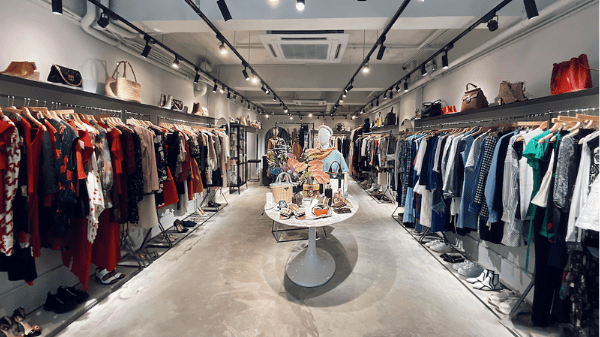Cosmetic surgery is a type of plastic surgery which alters existing structures in order to make changes more aesthetically pleasing, unlike reconstructive surgery which aims at restoring function and appearance in injured or damaged tissues.
Fashion and cosmetic surgery industries have an enormous effect on society, both positively and negatively. While fashion can promote self-expression and creativity while perpetuating unrealistic beauty standards.
It’s a Status Symbol
Status symbols have become an integral part of modern society, often taking the form of designer merchandise and luxury goods such as designer clothing from Chanel or sporting a Rolex watch as tangible signs that proclaim one’s place within society. Wearing or possessing such items sends a strong signal about one’s position within social hierarchies.
As fashion trends shift and more consumers become aware of environmental issues, traditional luxury goods have lost some of their luster. A shift toward sustainability may prompt some individuals to choose non-invasive cosmetic treatments over more costly augmentations.
Cosmetic surgery is an invasive process performed to enhance one’s physical appearance. It differs from reconstructive surgery, which repairs abnormal structures to restore functionality and appearance.
Research has demonstrated that body dissatisfaction may influence one’s desire for cosmetic enhancement; however, this relationship is complicated by various factors including age and culture that influence one’s perceptions of various body aspects. Furthermore, most studies conducted have been correlational rather than causal; none directly link cosmetic surgery desire with its outcomes.
It’s a Tool for Privilege
Beauty lies within each individual. When selecting a surgeon, patients should conduct extensive research and ensure they work with a licensed physician with extensive experience performing the desired procedure. Word-of-mouth recommendations from friends can also prove valuable; ask around if anyone in your circle has had anything done.
Beauty standards we see daily serve to maintain privilege in society and keep those without privilege at the bottom. Men and women considered more attractive can take advantage of society norms by participating, reaping its benefits such as employment, healthy relationships and weight control; additionally they can embrace fashion trends by following particular fashion or beauty aesthetics seen online or via reality shows featuring cosmetic surgeries like Rhinoplasty, Botox or Facelift procedures. This trend can be witnessed through reality shows showcasing cosmetic surgery procedures or people seeking these procedures after viewing images online.
It’s a Self-Expression Tool
Cosmetic surgery offers permanent transformation. Therefore, cosmetic surgery may be more attractive for consumers who are unhappy with their physical features; one study revealed that women who had been teased in childhood reported lower levels of appearance satisfaction than their counterparts without such experiences (Office for National Statistics). Cosmetic surgery providers can take advantage of insecurities caused by childhood bullying through marketing and promotional techniques used for this service.
These providers rely heavily on social comparisons by posting transformed photos of their patients on their websites, inviting consumers to look at themselves and compare themselves against those displayed. They utilize images from beauty magazines and TV make-over shows, as well as featuring social comparisons by featuring transformed pictures on the website that engage the consumer into looking at themselves and then the pictures displayed there. This circular process engages customers into viewing themselves through comparison to images displayed there.
Though some research has examined the relationship between body dissatisfaction and desire for cosmetic surgery, most studies are correlational rather than experimental in nature, making it hard to ascertain whether or not desire is caused by body dissatisfaction or by viewing media images depicting ideal beauty standards.
It’s a Way to Perpetuate Unrealistic Beauty Standards
Cosmetic surgery is a form of appearance-enhancing technology that can set unrealistic beauty standards. Many procedures focus on Eurocentric features as examples of beauty; this can lead to body dissatisfaction and feelings of inadequacy for individuals who do not conform. Furthermore, the desire for flawless skin may lead to excessive spending on skincare products or overuse causing lasting skin damage.
As with the fashion industry, fashion and cosmetic surgery industries can likewise influence societal perceptions of beauty with edited photos that portray filtered models as idealised versions of themselves. Yet fashion and cosmetic surgery industries can contribute to creating a more sustainable future by using eco-friendly production methods and increasing diversity and inclusivity within their industries.
Yale sociologist Alka Menon recently published “Refashioning Race,” a book which explores how surgeons create and uphold race-specific beauty standards through their work. For instance, one plastic surgeon quoted by The New York Times explained he could predict which type of breast implant a patient would opt for depending on ethnicity and culture.



